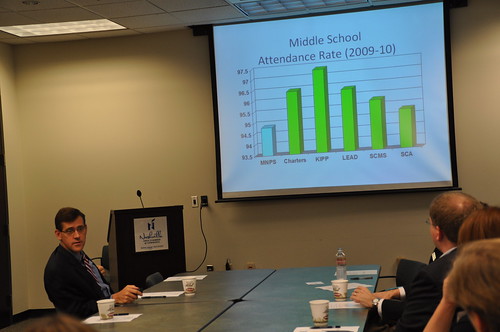“The Cost of Being a Better Parent” and other links…
Robert Brokamp: “Having kids can be a financial double-whammy: You have higher expenses, but less time to earn more money. Raising a child costs $8,333 to $23,180 a year, according to the U.S. Department of Agriculture (which is in charge of this calculation because, far too often, there’s little difference between a kid and a pig). The total cost through age 17 is $205,960 to $475,680. Reproducing ain’t cheap.”
“Learning to Use Money as a Tool”
Get Rich Slowly: “For me, the transition from using money for instant gratification to using it for bigger purposes has been a slow one. It took a long time to even realize how stupid I was being. After I became financially self-aware, it took a few years more to break my old habits, though I finally seem to be gaining some degree of self-control. (As I mentioned last week, I haven’t used money to buy anything on impulse yet in 2010. That amazes me.)”
“Should I take Social Security before tapping my IRA?”
Schwab: “Under most circumstances, you should postpone taking Social Security as long as possible. However, if you really need the money, try to estimate the returns you expect on investments in your IRA and 401(k)—annual returns above 5% would favor leaving those accounts alone and taking Social Security early. Below 5% would favor postponing Social Security and tapping your retirement accounts.”
“10 Things Charter Schools Won’t Tell You”
Sarah Morgan via Liz Dwyer: “According to data from the National Center for Education Statistics, charter-school teachers are, on average, younger and less likely to hold state certification than teachers in traditional public schools. In a 2000 survey, 92% of public school teachers held state certification, compared to 79% of charter school teachers. A 2008 survey found that 32% of charter school teachers were under 30, compared to 17% of traditional public school teachers. Charter schools often recruit from organizations like Teach for America that provide non-traditional paths into the profession, and more-experienced teachers who already have jobs in traditional public schools may have little incentive to give up the protection of tenure.”

